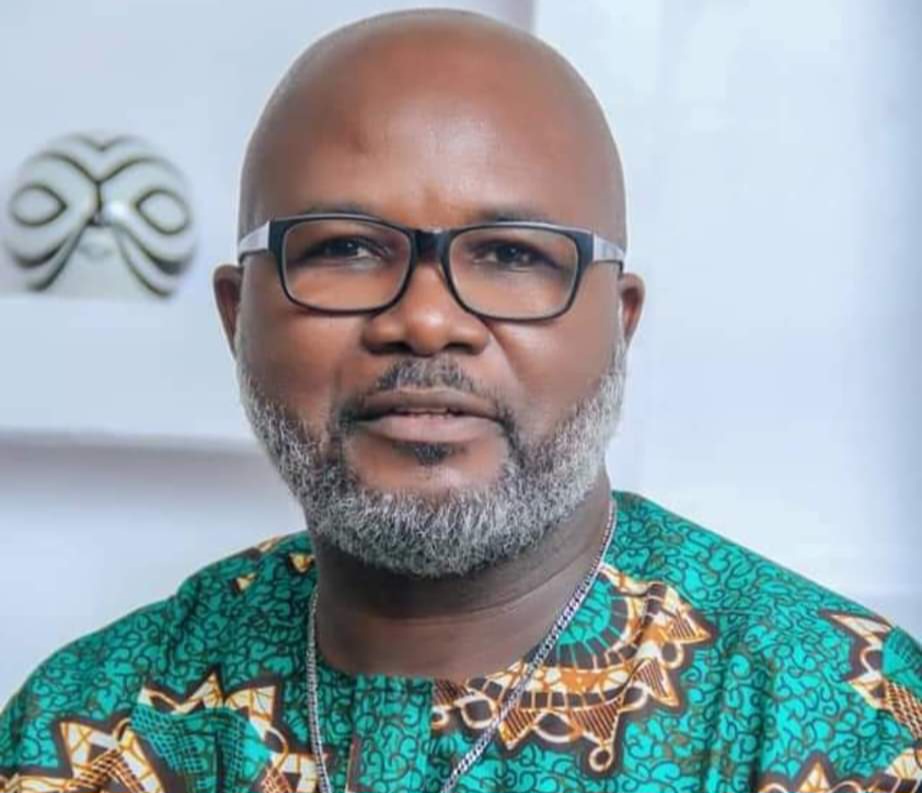 President-elect Donald Trump was sentenced in a Manhattan courtroom, marking the first time in U.S. history that a president-elect has been convicted of a felony. The case revolved around 34 felony counts of falsifying business records related to hush-money payments made during the 2016 election to adult film actress Stormy Daniels. Despite the convictions, Judge Juan Merchan issued an unconditional discharge, meaning Trump faces no jail time, fines, or probation.
President-elect Donald Trump was sentenced in a Manhattan courtroom, marking the first time in U.S. history that a president-elect has been convicted of a felony. The case revolved around 34 felony counts of falsifying business records related to hush-money payments made during the 2016 election to adult film actress Stormy Daniels. Despite the convictions, Judge Juan Merchan issued an unconditional discharge, meaning Trump faces no jail time, fines, or probation.
The Unconditional Discharge Explained
An unconditional discharge is a legal outcome where the defendant is found guilty but receives no punishment. In Trump’s case, this means he will not serve prison time or pay fines but is subject to certain restrictions, such as being prohibited from owning a firearm and the requirement to submit a DNA sample for New York’s database.
Judge Merchan cited the respect for the presidency and the extraordinary legal protections it affords as reasons for this decision. He stated that while Trump’s status as president-elect limited sentencing options, it did not change the fact that a jury convicted him of premeditated and continuous deception.
Reactions to the Sentencing
The sentencing has elicited a wide range of reactions across the political spectrum. Critics argue that the lack of punitive measures sets a troubling precedent, suggesting that individuals in positions of power may be above the law. Legal expert Zack Smith warned that the case poses a risk to the integrity of the presidency and could have long-term implications for the American legal system.
Supporters of Trump view the unconditional discharge as a vindication, aligning with Trump’s own characterization of the trial as a politically motivated witch hunt. Following the sentencing, Trump remained defiant, criticizing the legal process and rallying his base by portraying himself as a victim of partisan attacks.
Implications for Trump’s Presidency
As Trump prepares to assume the presidency, his status as a convicted felon introduces unprecedented complexities. While the unconditional discharge allows him to take office without the immediate burden of legal penalties, the conviction itself may influence both domestic and international perceptions of his administration. Additionally, Trump faces ongoing legal challenges, including investigations into attempts to overturn the 2020 election and the mishandling of classified documents.
Trump Sentencing and Moral Decline in US Politics
The sentencing of former President Donald Trump on multiple criminal charges represents a watershed moment in American politics, revealing the extent of moral decline in the nation’s political landscape. Trump’s legal troubles, ranging from fraud to obstruction of justice, underscore a broader crisis of ethics that has plagued American politics in recent decades. Once the beacon of democratic ideals, the United States now faces the grim reality of moral decay among its leaders and institutions.
Trump’s conviction on 34 criminal counts highlights the erosion of integrity and accountability. The charges, tied to falsifying business records and other violations, have amplified concerns about the normalization of unethical behavior in the highest echelons of power. While political scandals are not new to the United States, the scale and brazenness of Trump’s actions mark a departure from previous norms. His conduct, both in office and afterward, has emboldened a culture of impunity, with rhetoric and behavior that undermine democratic values.
The moral decline extends beyond Trump’s actions, reflecting a broader societal acceptance of polarizing and unethical political behavior. The 2016 presidential debates, for instance, were characterized by inflammatory language, with Trump’s remarks often crossing the bounds of decorum. This degradation of political discourse has set a dangerous precedent, eroding public trust in governance and the rule of law. Leaders like Trump have exploited this vacuum of accountability, turning political rivalries into platforms for personal vendettas.
Trump’s sentencing is a moment of reckoning for the United States. It challenges the nation to confront the systemic failures that allowed moral decline to infiltrate its political culture. Beyond partisan lines, it underscores the need for a renewed commitment to ethics, transparency, and the rule of law. Only through such efforts can the United States begin to restore the credibility of its democracy and leadership on the global stage.
In this era of heightened division, Trump’s sentencing should serve as a catalyst for reform and a warning against the perils of unchecked power. The moral compass of the nation must be realigned to ensure that leaders are held accountable and that ethics remain a cornerstone of American democracy.
Trump Sentencing and What to Expect in His Second Term
Donald Trump’s sentencing, despite its historic significance, has not derailed his political comeback. As he begins his second term, questions abound about how his legal battles will influence his governance and what to expect from an administration led by a convicted but politically resilient leader. His presidency, already marked by unprecedented controversies, now enters uncharted territory, with implications for American democracy and global politics.
Trump’s second term is likely to be shaped by his determination to exact revenge on perceived adversaries. His legal challenges have reinforced his narrative of victimhood, energizing his base and fueling his resolve to overhaul institutions he deems hostile. We can expect him to intensify efforts to reshape the Department of Justice, targeting individuals and agencies involved in his prosecution. This could further politicize the justice system, undermining public trust in its impartiality.
Domestically, Trump’s policies may reflect an emboldened version of his first-term agenda, with stricter immigration laws, extensive deregulation, and tax cuts. However, his focus is likely to shift toward consolidating power and silencing critics. His rhetoric and actions could deepen divisions in a country already grappling with polarization, sparking widespread protests and institutional challenges.
On the global stage, Trump’s second term could be marked by increased isolationism. His disdain for multilateralism may lead to further disengagement from international treaties and alliances, leaving traditional allies uncertain about U.S. commitments. Meanwhile, rivals like China and Russia may seize the opportunity to expand their influence. Trump’s transactional approach to foreign policy is likely to prioritize short-term gains over long-term strategy, creating instability in global relations.
Ultimately, Trump’s sentencing and subsequent presidency represent a defining moment for the United States. His ability to navigate governance under the shadow of legal conviction will test the resilience of the country’s democratic institutions. While his supporters celebrate his defiance of the establishment, his critics worry about the erosion of democratic norms. Trump’s second term will undoubtedly shape the future of American politics, for better or worse, and serve as a critical juncture in the nation’s history.
Toba Alabi is Professor of Political Science and Defence Studies (08036787582)





